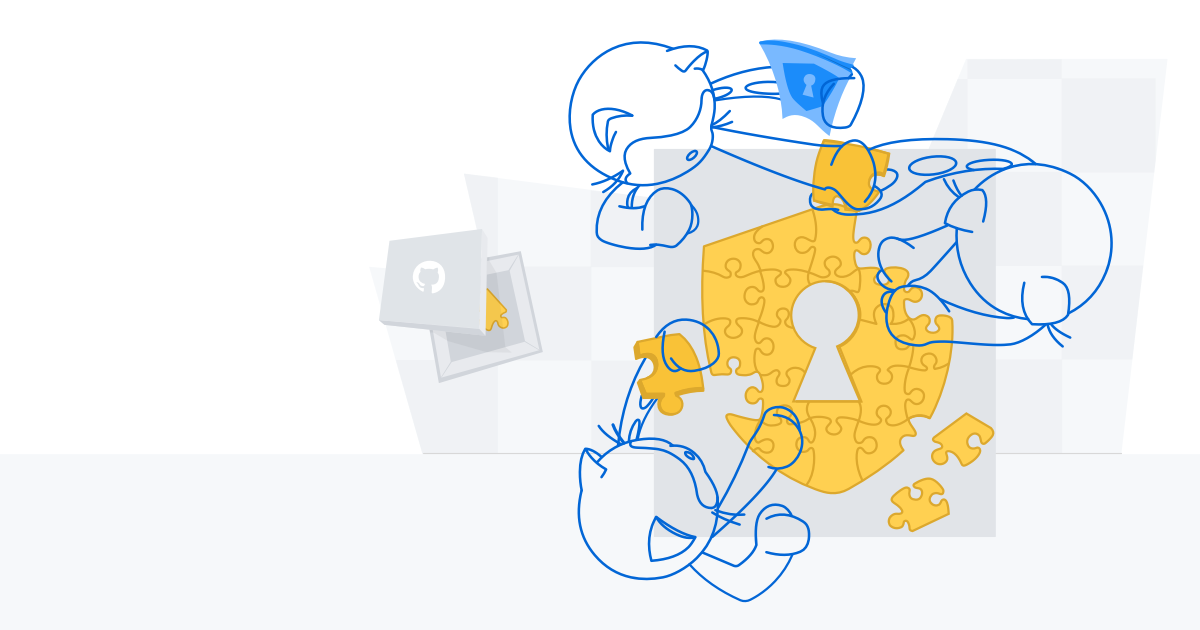Git clone vulnerability announced
Today, the Git project released new versions to address CVE-2021-21300: a security vulnerability in the delayed checkout mechanism used by Git LFS during git clone operations affecting versions 2.15 and…

Today, the Git project released new versions to address CVE-2021-21300: a security vulnerability in the delayed checkout mechanism used by Git LFS during git clone operations affecting versions 2.15 and newer.
These updates address an issue where a specially crafted repository can execute code during a git clone on case-insensitive filesystems which support symbolic links by abusing certain types of clean/smudge filters, like those configured by Git LFS.
Upgrade to the latest Git version
The most effective way to protect against this vulnerability is to upgrade to 2.30.2. If you can’t update immediately, you can reduce your risk by doing any of the following:
- Disable support for symbolic links in Git by running
git config.
--global core.symlinks false - Disable support for process filters. (You can see if any of these are configured on your system by running
git config1)
--show-scope --get-regexp 'filter\..*\.process' - Avoid cloning untrusted repositories.
GitHub itself is not vulnerable to this attack. We do not store checked out copies of repositories on our servers, except for GitHub Pages, which does not use any clean/smudge filters.
Credit for finding and fixing this vulnerability is shared among Matheus Tavares and Johannes Schindelin.
1. In the Windows Command Prompt, replace the single quotes in this example with double quotes.
Tags:
Written by
Related posts

What to expect for open source in 2026
Let’s dig into the 2025’s open source data on GitHub to see what we can learn about the future.

Securing the AI software supply chain: Security results across 67 open source projects
Learn how The GitHub Secure Open Source Fund helped 67 critical AI‑stack projects accelerate fixes, strengthen ecosystems, and advance open source resilience.

Welcome to the Eternal September of open source. Here’s what we plan to do for maintainers.
Open source is hitting an “Eternal September.” As contribution friction drops, maintainers are adapting with new trust signals, triage approaches, and community-led solutions.